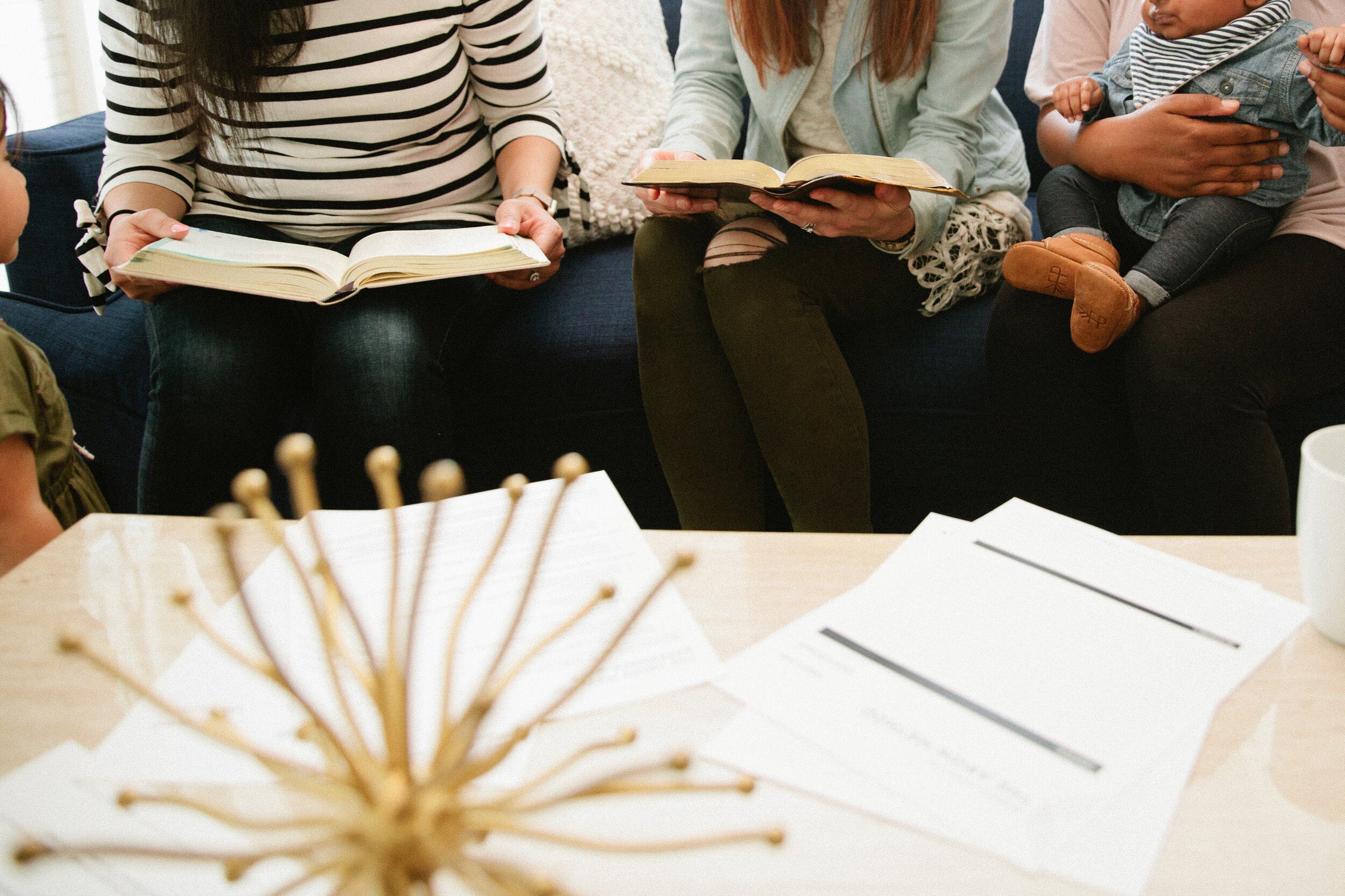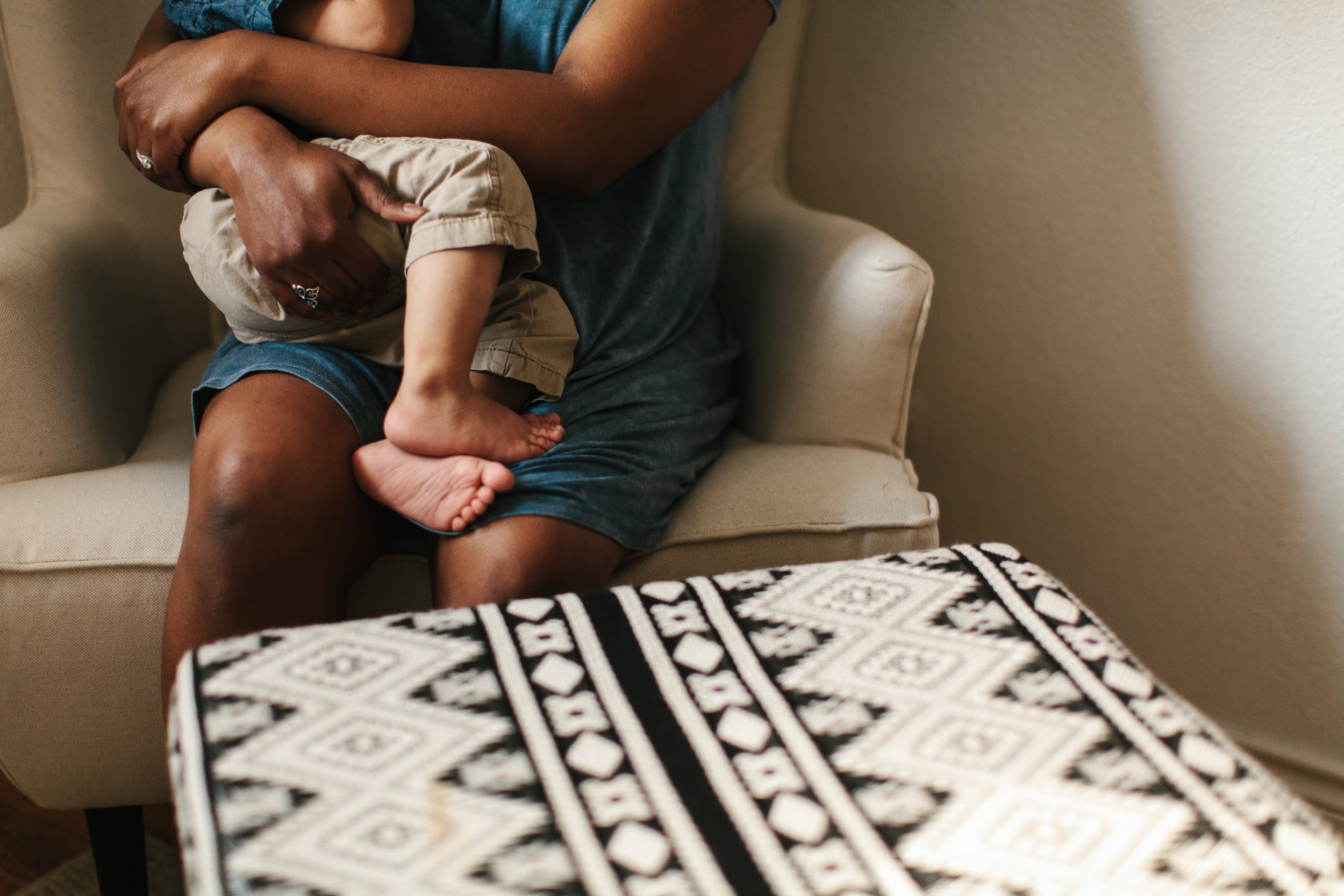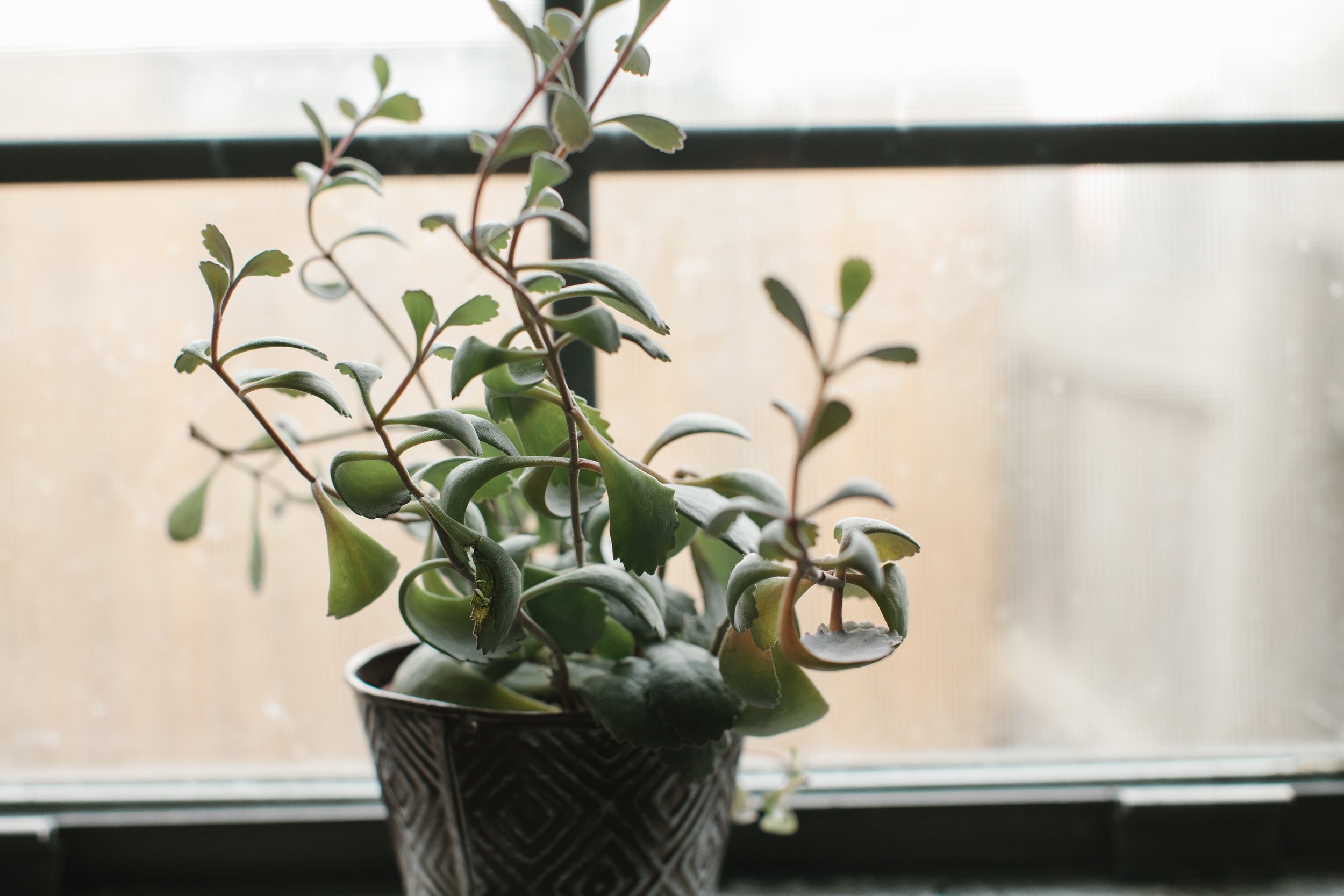How Do I Talk To My Kids About Ethnicity?
Discipling our children on the topic of ethnic diversity can be hard no matter what your family looks like. In black families, like mine, parents often grieve the burden of preparing children to face likely racial discrimination in our world. How do we balance gospel hope with painful histories and tough realities? In other households, parents may wonder if they have all the answers needed to guide their kids faithfully in this area, and various questions may come to mind. No matter who you are, a Christian parent might struggle with this subject.
But for mommas in Christ, ethnic diversity (or the lack of it) isn’t something we ignore (or only lament). Instead, we eagerly disciple our children with the hope of showing them God’s multi-ethnic design. We want little ones to develop heart-level convictions that reflect God’s Word on this topic. So how do we talk to our kids about ethnicity? We say what the Bible says: First, God made us different (and that’s good!). Second, he made us the same (and that’s important!). Third, he has made one people in Christ (and that’s forever!)
God Made Us Different (and That’s Good!)
Someone once told me that she was blind to differences in skin tone. I believe her words were meant to convey acceptance, but they left me disappointed. There were obvious physical and cultural differences between us. I saw these distinctions as God-intended and good. I wanted to acknowledge and celebrate—not overlook—them.
Diversity in creation is God’s idea. We see this as early as Genesis 1. God creates a world that is far from uniform. In fact, Genesis 1 bursts with variety. God gives us day and night. He separates the sky, the sea, and the land, and decorates each accordingly—cosmological lights without number, a host of sea creatures, and countless species of animals. Genesis 1 ends with the crown of God’s creation: a man and a woman—two uniquely made people.[1] Sisters, Genesis 1 shows us God’s intention for diversity. From the very beginning, he makes a world full of different creatures and calls it good!
As we travel from Genesis 1 to Acts 17:26, we read that, from Adam, God makes all the nations of the earth. From Aboriginal Australians, to Eastern Europeans, to the Ashanti people of Ghana (where I was born), Adam’s descendants are as diverse as the stars. And if the manifold cosmos testify of God’s artistry, then a multi-ethnic humanity displays his stunning handiwork.
Mommas, let’s open our children’s eyes to see the goodness of our God-intended, God-glorying distinctions. Our various skin tones, hair types, features, and cultural expressions boast of a marvelous Creator. So let’s cultivate genuine relationships with people of other backgrounds for the purpose of enjoying our praise-worthy differences.
This may take some effort—especially for those in communities of little diversity—but we can pray and strive in earnest. Let’s read good books on the subject with our kids; let’s make sure that our children’s dolls, toys, and libraries reflect God’s idea for diversity; let’s study cultures and histories other than our own. And let’s consider this: If our God is the maker of all the nations of the earth, then what can our families learn of him as we delight in ethnic diversity?
We are the Same (and That’s Important!)
Some months ago, my eight-year-old daughter heard two adults say this about a certain group of people: “Folks from that country [a specific place was named] are evil.” She looked at her father and me and said: “People from all countries are sinners. Only God is not evil.” Her words were incredibly encouraging...and telling. They showed me that while she recognizes ethnic differences, she sees people as essentially the same.
Genesis 1 doesn’t point to diversity alone, it also shows human unity. God made creatures to fill the sky, sea, and land, but only humankind bears his image.[2] This means that while Aboriginal Australians, Europeans, and Ghanaians may look and sound different, we’re all Adam’s children—one human race of divine image-bearers. And no ethnic group bears more of God’s likeness than another. We’re all made to reflect the character of God and are therefore equal in dignity and worth. When our families show respect and value for all people (regardless of their ethnicity, age, or ability), we communicate our ultimate respect for the God whose image they bear.
As we walk farther in Scripture, we find that people are the same in image and in sin nature. Adam and Eve, our first parents rebelled against God in Genesis 3:6–7. The Apostle Paul explains that all humankind sinned in Adam and became transgressors who fall short of the glory of God.[3] It’s important for our children to know that this is true of every person on earth. No ethnic group is either more fallen or inherently more righteous than another. People from all countries are sinners. God alone is good.
Together, we are image-bearers who do not mirror our Creator as he intended. No matter how we look, we share the same sin problem and need the same remedy. Mommas, let’s help our children praise the God who, in love, gave his only Son to redeem the world.[4]
We are One in Christ (and That’s Forever!)
As an African immigrant, I’ve lived most of life in close-knit communities of people who look and sound like me. Some years ago, I prayed for a foretaste of Revelation 7:9. I wanted to draw nearer to people of different colors and tongues, brothers and sisters with whom I will worship forever.
In Revelation, we see perfect unity in diversity. The God who creates a multicolored world at the beginning, dwells with a multicolored bride at the end. Revelation 7:9–10 displays the ultimate end of God’s purposes in salvation—an ethnically diverse people ransomed to worship him from every nation, tribe, and language. This is the church! Despite our present fractions, Christ, in his flesh, has broken down every dividing wall and has made us one people.[5] We will fully experience this Christ-bought unity one day. And we can pursue oneness today as the Spirit enables us to live out what Christ has already purchased for us.
So Momma, pray boldly for unity! Grow your children’s hunger for a foretaste of Revelation 7:9 as you commit yourself to diverse friendships that challenge your preconceptions and partialities. May the Lord use our pursuit of unity as a means of sanctification for our families.
Discipling our children on the topic of ethnic diversity is often difficult. But moms in Christ can praise God for his Word! The Bible guides us in showing our children God’s multi-ethnic design. The Scriptures can help our families to develop heart-level, gospel-informed convictions on ethnicity. So let’s tell our children what the Bible says: God made us different and He also made us the same. And those who trust in him (of all shapes and shades) are made one in Christ forever!
[1] Genesis 1:27
[2] Genesis 1:26–27
[3] Romans 3:9–18; 5:12
[4] John 3:16
[5] Ephesians 2:14-19










